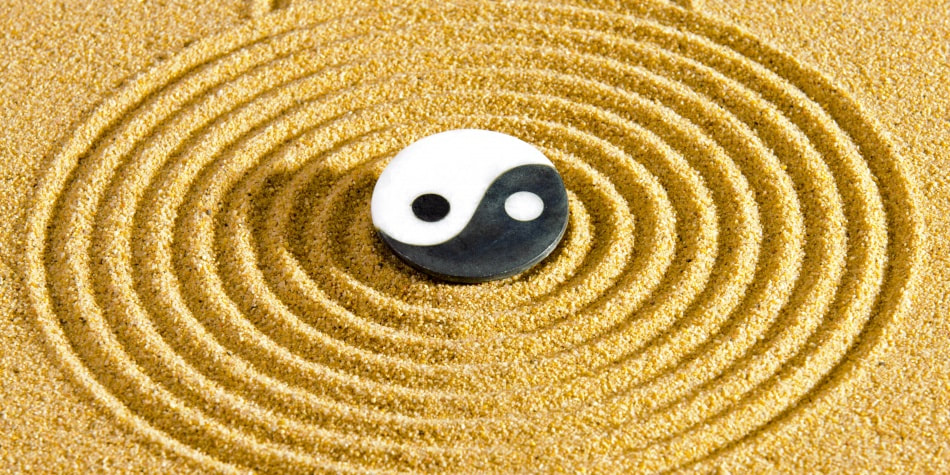"First design the learning, then you can design the space." This quote has stuck with me as I've explored and designed different learning spaces over the past few years. If we believe in restoring learner agency, leveraging constructionism and engaging in transdisciplinary, open walled experiences, then what form and function should our spaces take?
This is an overview of the design and construction of Level 5, a new agile space for creativity, innovation and learning based in Shenzhen, China. For simplicity I've broken this post into three sections; *function, *form and*fit-out.
0 Comments
What is Feng Shui? This is a simple question that can be difficult to answer. Feng Shui is an ancient art and science developed over 3,000 years ago in China. It is a complex body of knowledge that reveals how to balance the energies of any given space to assure the health and good fortune for people inhabiting it. "Feng" means "wind" and "shui" means "water" (pronounced fung-shway). In Chinese culture gentle wind and clear water have always been associated with good harvest and good health, thus "good feng shui" came to mean good livelihood and fortune, while "bad feng shui" came to mean hardship and misfortune. Feng Shui is based on the Taoist vision and understanding of nature, particularly on the idea that the land is alive and filled with Chi, or energy. The ancient Chinese believed that the land's energy could either make or break the kingdom, so to speak. The theories of yin and yang, as well as the five feng shui elements, are some of the basic aspects of a feng shui analysis that come from Taoism. The main tools used in a feng shui analysis are the compass and the Ba-Gua. The Ba-Gua is an octagonal grid containing the symbols of the I Ching, the ancient oracle on which Feng Shui is based. Knowing the Ba-Gua of your physical space such as home or office will help you understand the connection of specific feng shui areas of your home to specific areas of your life. Because of our context within China we sought to become learners and redesign our agile learning space based on the principles of Feng Shui. How do we bring in elements of this philosophy into the agile learning communities that we want to create for students and ourselves? We are trying to rethink our learning space together to be respectful of our cultures.
Listen and learn from one of our colleagues about Feng Shui. |
ArchivesTags |
